Tired of your vape running out when you need it most? How to make vapes last longer isn’t just a question — it’s the secret to stretching every drop, saving cash, and enjoying a smoother experience without interruptions. This post’s packed with simple tweaks and smart habits that’ll keep your vape in peak shape. Ready to make your device go the distance? Let’s dive in!
Key Technical Factors That Impact Vape Lifespans
From the battery to the materials used, every aspect of your vape’s design can determine how long it lasts and how well it performs.
1. Battery Capacity and Technology
- Capacity (mAh Ratings)
The capacity of a vape’s battery, measured in milliampere-hours (mAh), dictates how long it can power the device before recharge. Vapes with larger mAh ratings can last longer between charges but may take longer to recharge fully.
- Battery Chemistry
Most vapes rely on lithium-ion batteries, which are known for their energy density and efficiency. However, these batteries degrade over time, reducing their overall capacity and affecting the device’s runtime.
2. Coil Resistance and Power Demands
- Resistance Levels
The coil’s resistance, measured in ohms, determines how much power it draws. Lower-resistance coils (sub-ohm) generate more vapor but place a heavier strain on the battery and other components.
- Power Settings
Adjustable wattage devices allow users to tailor power output, but higher wattages increase the stress on coils, leading to quicker degradation.
3. E-Liquid Composition
- VG/PG Ratio
The ratio of vegetable glycerin (VG) to propylene glycol (PG) in e-liquids impacts flavor and device performance. High VG liquids are thicker and can clog coils, while high PG liquids are thinner and may work better with certain setups.
- Additives and Sweeteners
Sweetened e-liquids can leave residue on coils, causing faster buildup and reducing coil lifespan.
4. Device Build Quality
- Material Durability
Vapes constructed with high-grade materials like stainless steel, glass, and ceramics are generally more durable than plastic alternatives. These materials resist wear and are less likely to fail under normal usage.
- Manufacturing Precision
Precision engineering ensures better-fitting components, which reduces the risk of leaks and improves the device’s overall durability.
5. Environmental Conditions
- Temperature Extremes
Exposure to extreme heat or cold can affect both the battery and e-liquid. High temperatures can cause batteries to overheat, while cold temperatures may thicken the e-liquid, impacting wicking and performance.
- Humidity and Storage
Moisture can corrode internal components, while improper storage (such as leaving the vape in direct sunlight) can generate premature wear.
6. Maintenance Requirements
- Cleaning Needs
Regular cleaning of the tank, mouthpiece, and coil is essential to avoid residue buildup, which can clog airflow and reduce efficiency.
- Component Replacement
Parts like coils and wicks are consumables that need to be replaced periodically. Failing to replace them on time can strain the vape device and reduce its lifespan.
7. Firmware and Software Optimization
- Firmware Updates
Devices with updatable firmware can benefit from performance improvements and bug fixes, which can extend their lifespan by optimizing energy usage and functionality.
- Integrated Safety Features
Features like temperature control and overcharge protection prevent damage from misuse, helping the vape last longer under normal conditions.
8. Usage Design and Frequency
- Device Intended Purpose
Vapes designed for heavy-duty use, like DTL (direct-to-lung) setups, are built to handle higher power demands but may require more frequent maintenance than MTL (mouth-to-lung) systems.
- User Habits
Frequent usage, chain vaping, or excessively long drags increase stress on the battery and coils, accelerating wear.






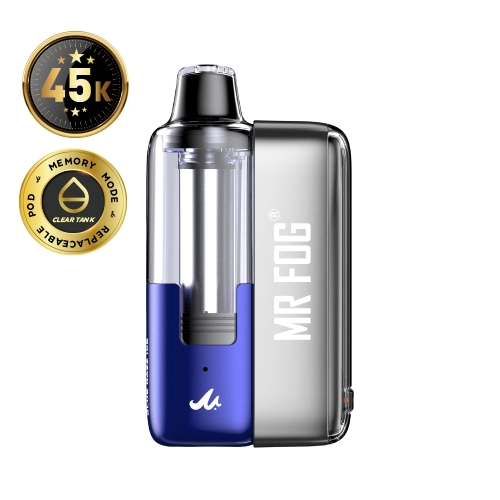 SWITCH POD
SWITCH POD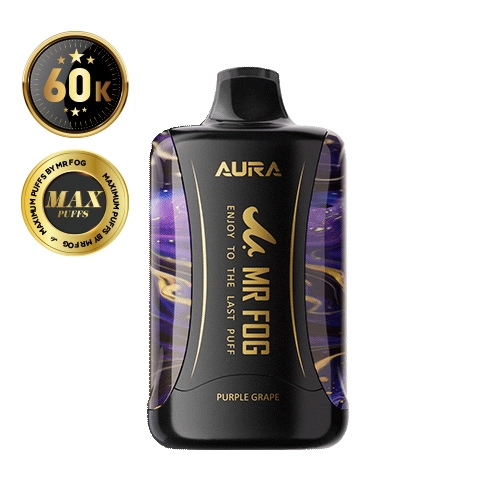 AURA
AURA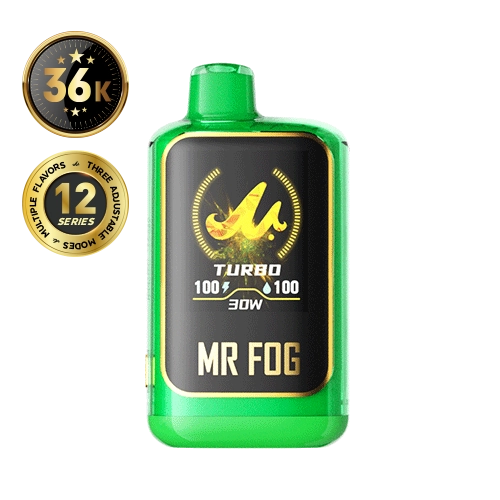 NOVA Apple Steezy
NOVA Apple Steezy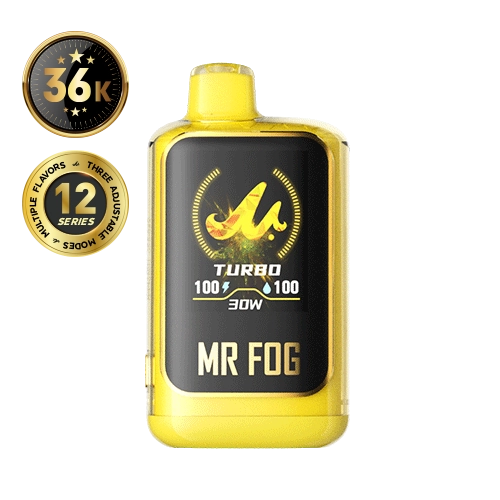 NOVA Banana Steezy
NOVA Banana Steezy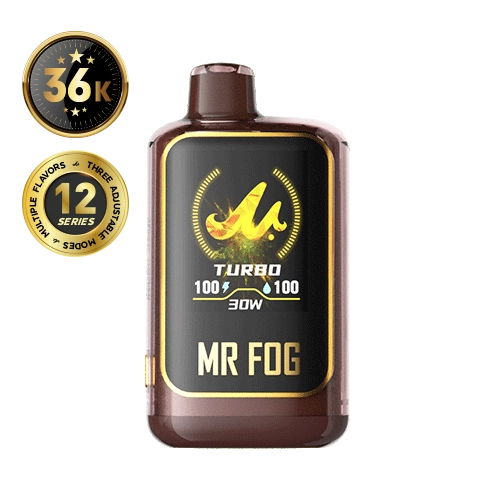 NOVA Popup Series
NOVA Popup Series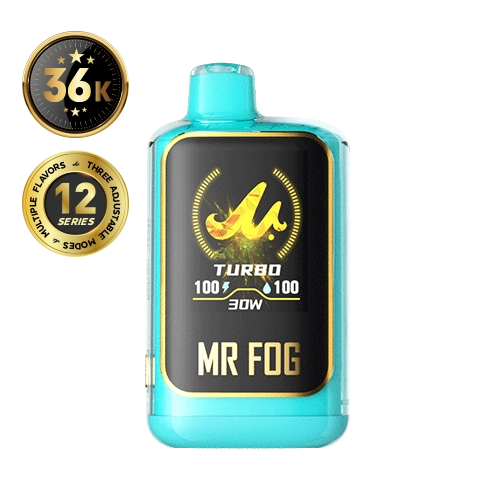 NOVA Bubble Gang
NOVA Bubble Gang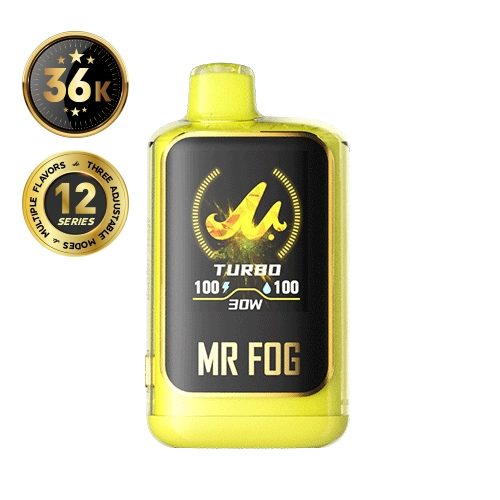 NOVA Lemon Steezy
NOVA Lemon Steezy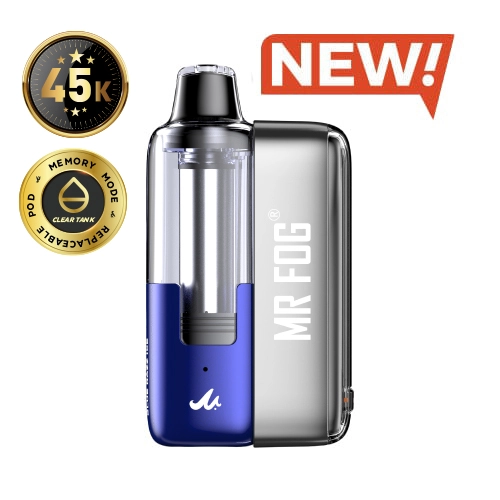 SWITCH POD
SWITCH POD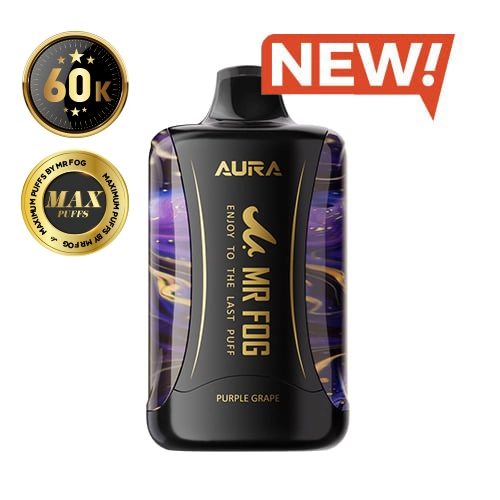 AURA
AURA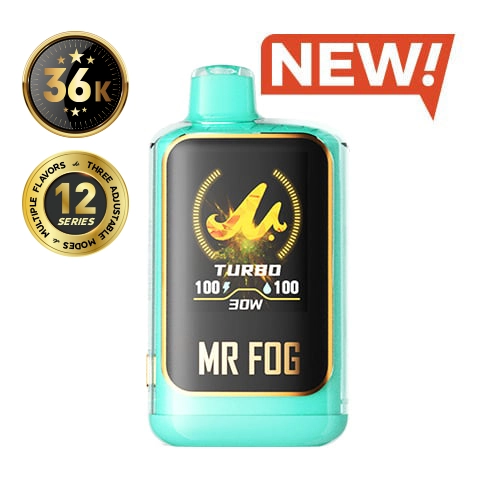 NOVA Series
NOVA Series SWITCH 15000
SWITCH 15000 SWITCH 5500
SWITCH 5500 Blue Razz Steezy
Blue Razz Steezy Mellow Man
Mellow Man Apple Steezy
Apple Steezy Banana Steezy
Banana Steezy Berry Steezy
Berry Steezy DRT
DRT Nicotine Pouches
Nicotine Pouches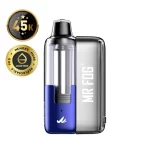 SWITCH POD
SWITCH POD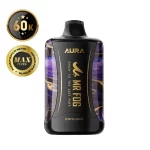 AURA
AURA NOVA Apple Steezy
NOVA Apple Steezy NOVA Banana Steezy
NOVA Banana Steezy NOVA Popup Series
NOVA Popup Series NOVA Bubble Gang
NOVA Bubble Gang NOVA Lemon Steezy
NOVA Lemon Steezy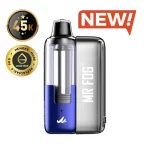 SWITCH POD
SWITCH POD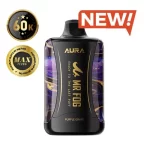 AURA
AURA NOVA Series
NOVA Series SWITCH 15000
SWITCH 15000 SWITCH 5500
SWITCH 5500 Blue Razz Steezy
Blue Razz Steezy Mellow Man
Mellow Man Apple Steezy
Apple Steezy Banana Steezy
Banana Steezy Berry Steezy
Berry Steezy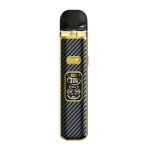 DRT
DRT Nicotine Pouches
Nicotine Pouches